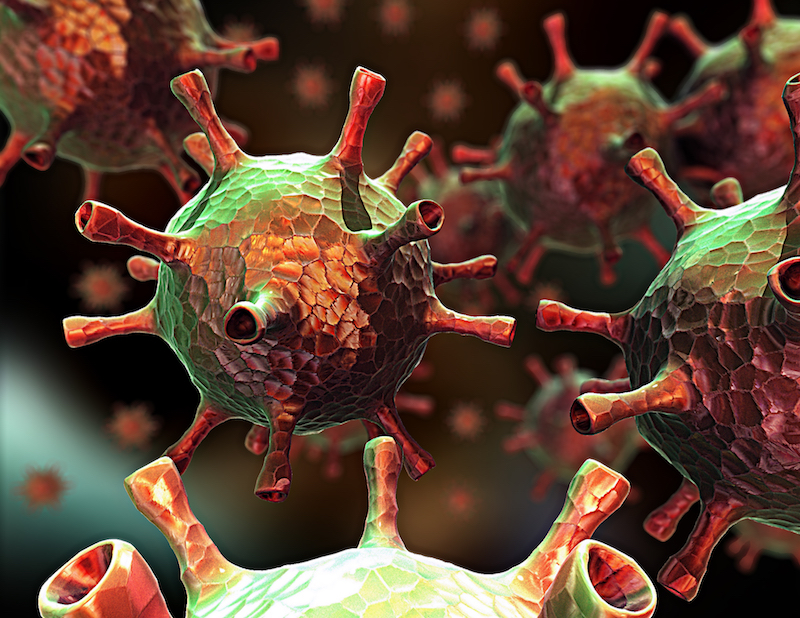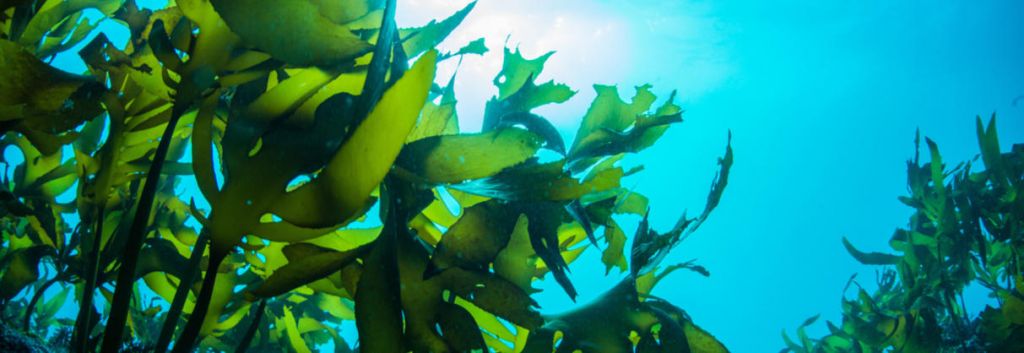Update (07/08/2018): Marinomed Biotech has obtained EU approval to sell a nasal spray containing a polymer derived from red seaweed that can trap most common cold viruses to stop them from infecting us.
Published on 19/07/2018
Marinomed Biotech’s antiviral treatment, which is derived from seaweed, could be used to treat the cause of respiratory infections in combination with a symptom-relieving nasal decongestant.
Marinomed Biotechnology, based in Vienna, specializes in antiviral and immunological treatments based on polymers found in red seaweed. The company tested the efficacy of its antiviral treatment, carragelose, against a common cold virus in combination with a nasal decongestant. The study, which was done on tissue samples taken from cow noses, showed that the combination did not impair the efficacy of either drug, which could open the door to testing the combination treatment in human clinical trials.
Carragelose works by forming a protective layer on mucus membranes in the nose, which prevents cold viruses from attaching to and infecting cells, and soothes mucus membranes by keeping them moist. Previous Phase III results showed carragelose given on its own reduced the duration and relapsed symptoms of the common cold in children and adults.
However, treatments for the common cold are typically given with decongestants. The current findings suggest carragelose could be well-suited to be used in combination with a nasal decongestant. This would benefit patients by warding off viral infections and alleviating cold symptoms at the same time.

Marinomed has licensed its technology to Mundipharma, based in Australia. Mundipharma already launched a nasal spray that uses carragulose on its own to fight off the common cold earlier this year.
Biotechs are using different strategies to help us fight off the common cold. For example, Viennese researchers are developing a chip that measures an antibody response to subtypes of cold viruses to identify which one is causing respiratory infections. Bavarian Nordic obtained positive Phase II results last year for its vaccine targeting cold viruses. Marinomed’s approach of using a physical barrier derived from natural resources adds an interesting option to this group.
Images by divedog/Shutterstock





